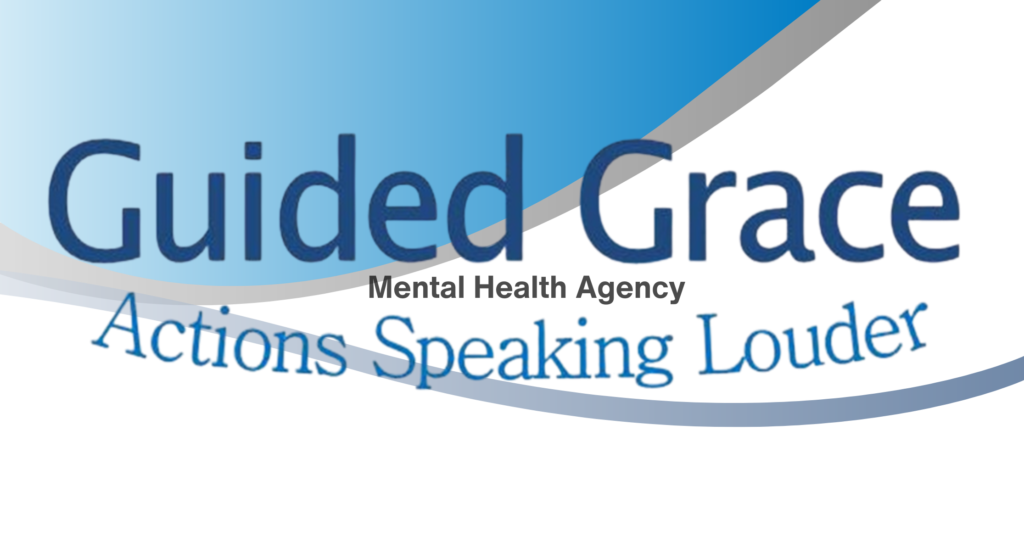Magnesium is a mineral your body needs to function properly. It helps muscles relax, supports heart health, and plays a big role in brain function.
For people with ADHD, magnesium can be especially important.
Studies suggest that many children and adults with ADHD have lower magnesium levels than others. This may be linked to symptoms like restlessness, trouble focusing, and difficulty sleeping.
Adding magnesium to your daily routine—under the guidance of a healthcare provider—might help ease some of these challenges naturally.
How Magnesium Supports the Brain in ADHD
Magnesium helps regulate neurotransmitters, like dopamine and serotonin. These brain chemicals influence mood, focus, and attention.
Magnesium also helps reduce stress and calm the nervous system, which can be helpful for people who struggle with impulsivity or anxiety alongside ADHD.
Some people find that magnesium supplements improve their ability to concentrate, sleep better at night, and feel more emotionally balanced throughout the day.
While it’s not a cure, it can be a useful part of a broader ADHD support plan.
What Is the Best Magnesium for ADHD?
Not all magnesium is the same. There are different types, and some work better for ADHD than others.
Here are the most common forms to consider:
- Magnesium Glycinate – This is one of the most recommended types for ADHD. It’s gentle on the stomach, absorbs well, and has calming properties that may help with anxiety, irritability, and sleep.
- Magnesium L-Threonate – This newer form of magnesium is known for its ability to cross the blood-brain barrier. It may help with memory, focus, and cognitive function, making it ideal for brain health.
- Magnesium Citrate – This version is also highly absorbable but may have a mild laxative effect. Some people prefer it for its easy absorption, but it’s best taken with meals.
- Magnesium Oxide – While common, this form is not absorbed as well and is more likely to be used to relieve constipation rather than support ADHD symptoms.
Always talk to a doctor before starting any supplement, especially if your child is taking ADHD medications. They can help you choose the best type and dosage based on individual needs.
How to Use Magnesium Safely
Magnesium supplements are usually taken once or twice a day, depending on the form and the dosage. It’s often best to start with a low dose and gradually increase it if needed.
Common side effects can include stomach upset or diarrhea, especially if you’re using magnesium citrate or taking too much too quickly.
To get the most benefit:
- Take magnesium with food
- Stay consistent—results may take a few weeks
- Don’t stop any prescribed ADHD medications without consulting your doctor
Other Natural Ways to Support ADHD
While magnesium can be helpful, it works best as part of a bigger picture. A few other ways to support ADHD symptoms naturally include:
- Eating a balanced diet rich in protein and fiber
- Getting regular exercise
- Limiting screen time
- Practicing mindfulness or meditation
- Having a regular sleep routine
Combining lifestyle changes with professional support, counseling, or medication, when needed, can make a big difference.
Can Magnesium Help with ADHD?
Magnesium is a promising natural supplement for managing ADHD symptoms like poor focus, anxiety, and sleep problems. While it’s not a magic solution, choosing the best magnesium for ADHD can support brain health and improve daily life.
Guided Grace Functional Youth Services and MercyLand Psychiatry believe in supporting the whole person. Whether you’re exploring nutritional support, therapy, or medication, our team is here to guide you every step of the way.
Need help managing ADHD with a balanced approach?
Learn more about how we support families and individuals through personalized care plans that include nutrition, counseling, and psychiatric services.

